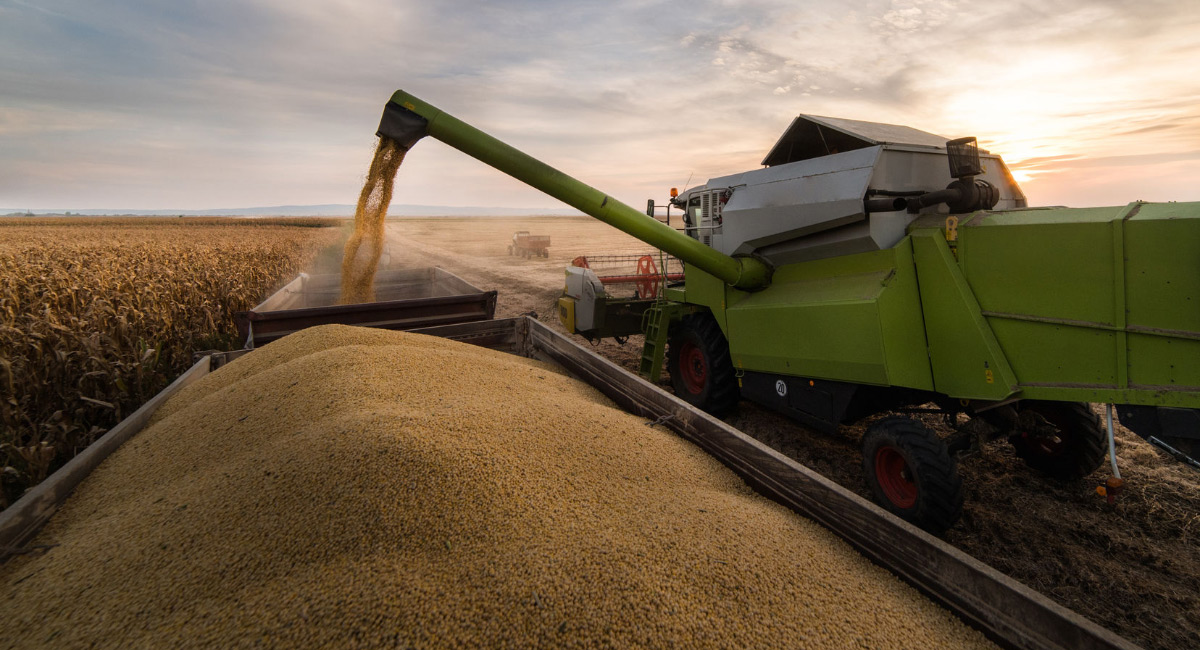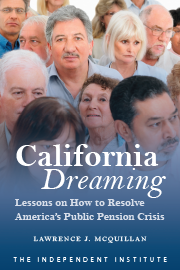The Federal Reserve’s recent interest rate cut was the result of growing concerns about the economy. Fed Chairman Jerome Powell said the cut was necessary because “the global growth outlook has weakened” and “trade policy tensions have waxed and waned.” These risks have reduced U.S. business investment and exports. President Donald Trump would be wise to share the Fed’s trade-policy concerns because history shows trade restrictions during periods of economic uncertainty can sink sitting presidents.
President Herbert Hoover signed the disastrous Smoot-Hawley Tariff Act in June 1930, raising the average tariff rate to nearly 60 percent. The act increased tariffs to record levels on more than 20,000 imported goods and fueled massive retaliation by countries.
Economists agree that Smoot-Hawley exacerbated the Great Depression. Voters rebuffed Hoover and his tariffs in 1932, electing Franklin D. Roosevelt, who began dismantling the “notorious and indefensible” tariff act.
Forty years earlier, President Benjamin Harrison lost his 1892 reelection bid to Grover Cleveland, who made lowering Harrison’s record-breaking tariff rates his key campaign issue. The tariffs were also unpopular abroad, sparking protectionist retaliation by the British Empire. Cleveland won the general election by the largest popular vote margin in 20 years.
In both cases, trade restrictions contributed to a landslide defeat of a sitting president.
In 1980, President Jimmy Carter alienated an entire constituency by imposing a grain embargo on the Soviet Union as punishment for its 1979 invasion of Afghanistan. This helped create the worst conditions for American farmers since the Great Depression.
The farmers, concentrated in swing states, hated the embargo. They voted overwhelmingly for Carter’s opponent, Ronald Reagan, who had vowed to lift it. Reagan went on to win each swing state and quickly ended the embargo as president.
Farmers played as big a role in the 2016 election. According to FiveThirtyEight, Hillary Clinton would have won Michigan, Pennsylvania, and Wisconsin if farmers had voted for her and not Trump, which would have given Clinton a narrow victory.
In 2020, farmers, who have been hurt by Trump’s tariffs, will be just as important, as will blue-collar workers.
Trump’s tariffs on goods from China, most of which are 25 percent duties, have already cost nearly 156,000 American jobs, according to the Tax Foundation. And it’s called a trade war for a reason: countries harmed by his tariffs during the past two years shot back. Canada, China, India, Mexico, and the European Union retaliated with tariffs on hundreds of products intended to harm critical constituencies and hurt Trump’s reelection chances. Maryscott Greenwood of the Canadian American Business Council said bluntly: the Canadian tariff “list was clearly drawn strategically to exert maximum pain politically for the president.”
China has levied hundreds of retaliatory tariffs since 2018, mainly on apparel, agricultural products, and materials like aluminum and steel. Soybeans, America’s largest export by value to China, were hit with a 25 percent tariff, which abruptly halted nearly all consumption of American soybeans there.
Trump has tried to alleviate some hardship by giving farmers multibillion-dollar federal handouts, but these checks replace only a portion of lost income, and many farmers strongly prefer trade over aid.
Trade policy uncertainty is now hurting business investment and consumer confidence. The University of Michigan consumer sentiment index has fallen recently due to trade concerns. The Fed, Wall Street, and Main Street are signaling they want an end to trade uncertainty.
Trade talks between the United States and China have stalled repeatedly, and Congress may not ratify the proposed U.S.-Mexico-Canada trade agreement this year or even before the 2020 election. Trump plans to impose levies on nearly all Chinese imports by the end of the year and China will retaliate.
China and the U.S. are scheduled to hold high-level trade talks in Washington, D.C., in early October. That is the time to end the trade war. History shows that President Trump risks defeat in the next election if he does not end his trade wars quickly amidst the slower growth and vanishing optimism.










